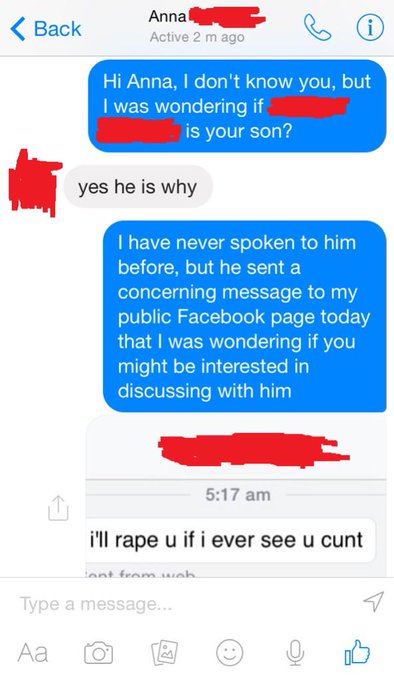Charlie Brooker: the internet is the toughest game in town if you’re a woman
Those who wonder if women gaming journalists are still subject to sexist name-calling and threats of physical and sexual violence need only talk to 21-year old media and communications student Alanah Pearce.
When she’s not studying, Pearce is a video games journalist, reviewing for Australian radio stations (4ZZZ, Triple J) and television. She also has her own YouTube channel, which she believes may have been the prompt for a recent flurry of online abuse.
“A while ago, I realised that a lot of the people who send disgusting or overly sexual comments to me over the internet aren’t adult males,” said Pearce from her company’s Brisbane base.
The journalist had assumed her abusers were middle-aged men. “It turns out that mostly they’re young boys and the problem is they don’t know any better, so responding to them rationally didn’t resolve the situation. And it got to the point where their comments were starting to make me feel really uncomfortable.”
When Pearce sat down to figure out the best way to resolve the situation, she concluded she was best off contacting the boys’ mothers directly, “especially as most of them write to me through their personal Facebook pages. It’s shockingly easy to find out who their families are.”
She wrote to four women and told them what their sons were up to. Eventually, one of them got back to her.

“She responded in almost exactly the way I wanted her to,” says Pearce with a laugh. “The fact she called him a little shit I found funny as well because I thought that but I wasn’t going to say anything.”
Advertisement
Pearce adds: “I wasn’t going to post it on Twitter [either] but I was just so excited. And I thought some of my friends would find it amusing.”
Not just some of her friends. At last count, more than 11,000 users had retweeted her comment, and more than 20,000 had favourited it, eight hours after Pearce made her original post.
“It was just a way to try to reach a resolution, to productively teach young boys it’s not okay to be sexist to women, even if they’re on the internet,” she says, “that they are real people and that there should be actual consequences for that.”
It isn’t Pearce’s first attempt to combat the misogyny of certain sections of the gaming industry head-on. In 2013, she wrote a blog for the gaming site Kotaku, entitled 30 Days of Sexism, in which she listed and commented on 10 tweets she had received that made specific reference to the fact she was a female gaming journalist.
In what now reads like a lo-fi version of the viral video 10 Hours of Walking in NYC as a Woman, Pearce responded to one commentator who praised her for not wearing low-cut tops on YouTube, suggesting his seemingly “nice” comment was “inherently sexist”.
“Some women may exploit their sexuality for views but others do it for comfort, or because they didn’t want to change their clothing,’ she wrote. “There is no logical reason to assume that any woman has changed her apparel to appeal to you.”
In 2012, the Guardian reported on a Twitter user who tracked down his own personal troll and got him to apologise. “That would be a perfect resolution,” comments Pearce.
Asked if she believes the harassment she’s been receiving is linked to theGamergate controversy, she says: “It’s directly related and it’s a weird thing that has been happening in gaming culture specifically. I’ve had people asking me today why this boy has been sending me rape threats, and is there any context. I can only assume he’s seen a video of mine that he didn’t like, or that I’m a woman in games on the internet. It sounds illogical, but it happens to so many people.”
Pearce later qualified the comment in a statement, repeating her belief that “the increase in rape threats or sexist comments she has seen recently, including this one, is directly related to Gamergate” but adding that she was “not comfortable suggesting that it is as there is no solid proof”.
For the present, Pearce says “every time this happens to me, I will do this. I won’t necessarily post it on Twitter, but I will definitely continue doing it.”
She sees hope on the horizon. “I’ve grown up in gaming culture, and in the last five years I’ve seen this massive shift, which is awesome. It’s great to have more women in the industry and to encourage more women by telling them it’s not this horrible place.”
No comments:
Post a Comment